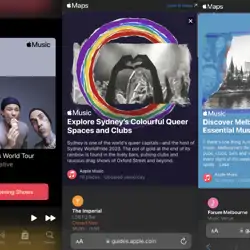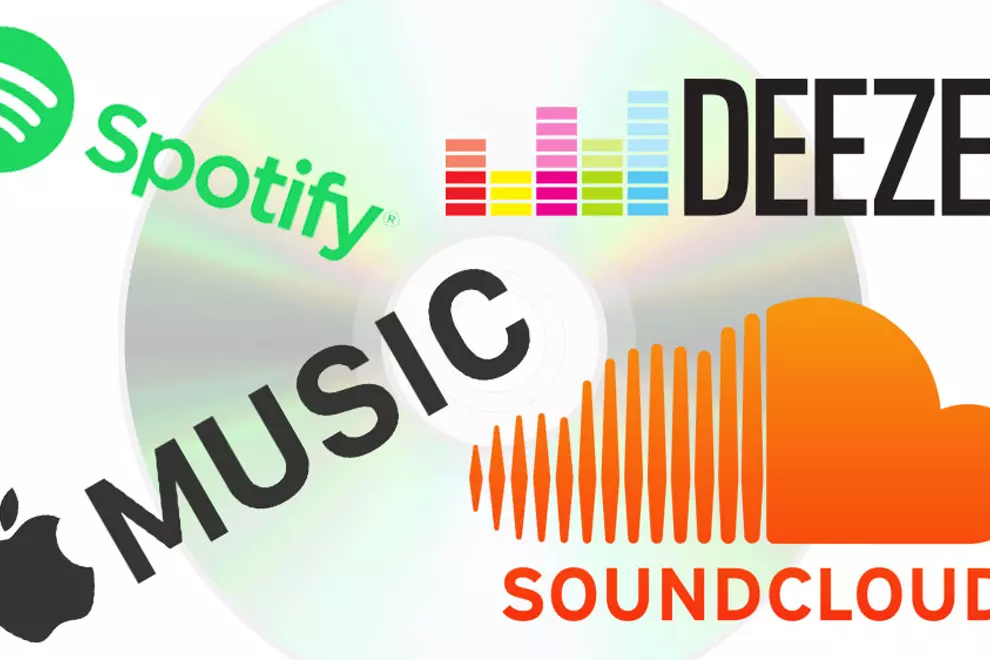 Apple Music
Apple MusicLast year, Canada enacted a new law designed to assist homegrown musicians, podcasters, and other content creators.
The Online Streaming Act expanded the powers of the country’s federal broadcast and telecom regulator – the Canadian Radio-Television & Telecommunication Commission (CRTC) – to include content that lives online.
Now, making its first regulatory changes since the Online Streaming Act was expanded, the CRTC announced this week that as of 1 September 2024, streamers not affiliated with a Canadian broadcaster that take revenues of CAD $25 million ($27,425,445 million) in Canada per year must contribute 5% of that revenue to programs designed to assist Canadian content creators.
The changes will affect streaming services such as Spotify, Apple Music, Google Play Music, Netflix, and Disney+.
Graham Davies, President and CEO of the Digital Media Association (DiMA), the organisation that represents Spotify, Apple Music and Amazon Music, said that DiMA is “deeply concerned” by the decision to impose a “discriminatory tax on music streaming services that are already making significant contributions to Canadian artists and culture,” per Music Business Worldwide.
Davies added, “Streaming is the main source of revenue and engine of growth for music in Canada, benefiting the industry, creators, fans and consumers. And this is effectively a protectionist subsidy for radio.”
A spokesperson for Spotify told Music Business Worldwide that the decision is a “devastating blow” to artists.
“The Canadian government chose the past over the future by demanding that streaming services pay a protectionist subsidy to radio,” they said.
Don't miss a beat with our FREE daily newsletter
According to the spokesperson, streamers like Spotify currently pay 8.5 times more royalties than radio. “Spotify alone, which contributes two-thirds of revenue to rights holders, has generated billions of dollars for the Canadian music industry.”
Last month, Spotify was served with a cease and desist notice by the US National Music Publishers Association (NMPA), which alleges the service hosts “unlicensed lyrics, music videos, and podcasts.”
In Australia, independent artist Laura Imbruglia called for a boycott against Spotify after the streaming service made “unethical” changes to its royalty payout model.
















